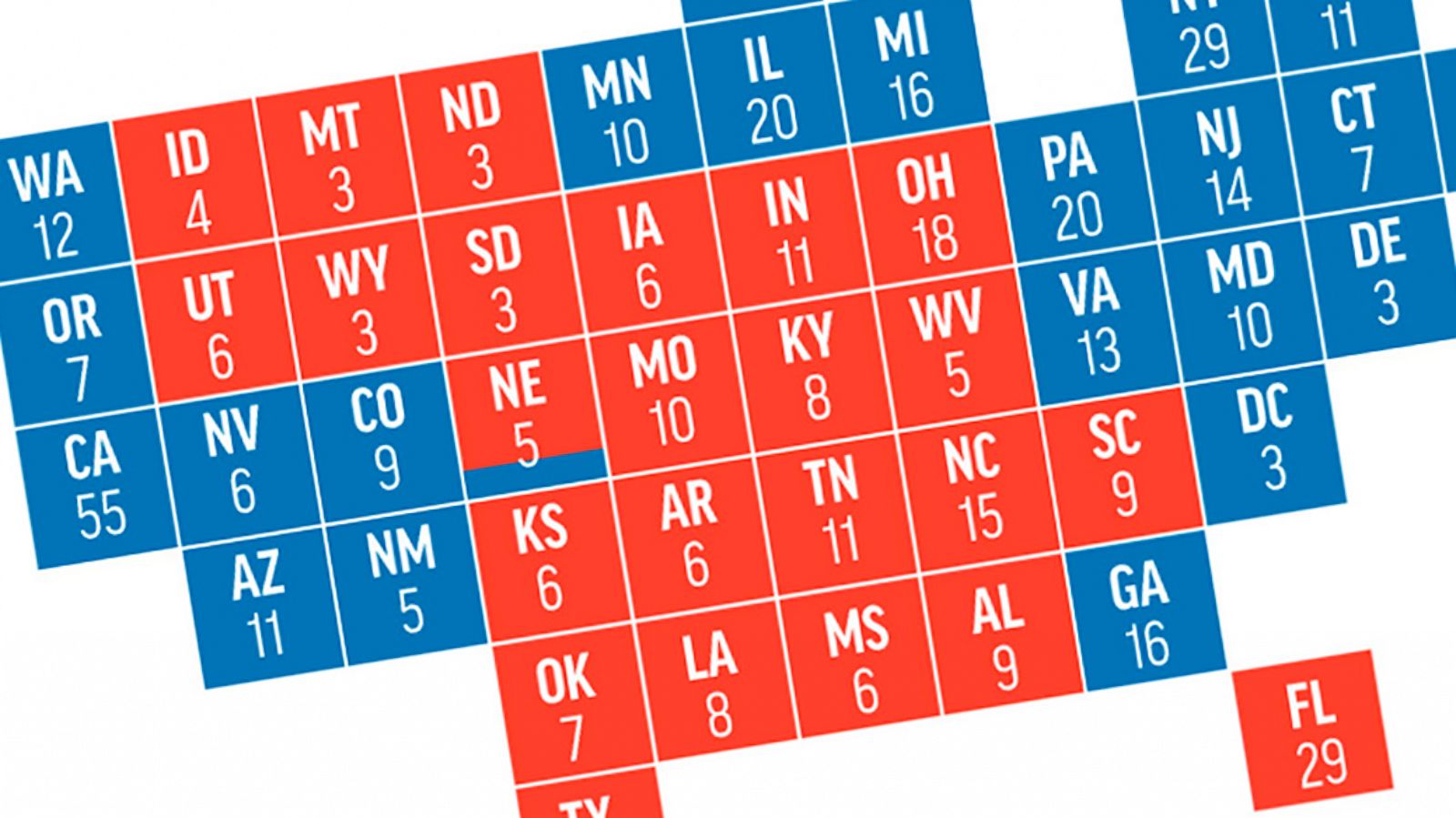
The Unique American Way of Voting: The Electoral College
admin
- 0
littlecellist.com – The United States stands apart from most modern democracies in its method of electing the president and vice president. Unlike the direct popular vote used in many countries, the United States employs a system known as the Electoral College. This unique and often debated process is a defining feature of American democracy, embodying the complexities and compromises that have shaped the nation’s political landscape.
Origins and Rationale
The Electoral College was established by the U.S. Constitution in 1787, reflecting the Founding Fathers’ desire to balance the influence of large and small states, as well as to ensure that the president was elected by “persons holding the highest political qualifications.” The system was also designed to protect the nation from what they perceived as the tyranny of the majority, which could occur in a direct popular vote.
Under the Electoral College system, each state is allocated a number of electors equal to its total number of senators and representatives in Congress. Since every state has two senators and at least one representative, this means that smaller states have a proportionally greater influence in the Electoral College than their population would suggest. Additionally, the District of Columbia is granted three electors, pursuant to the 23rd Amendment to the Constitution.
How It Works
When Americans vote for president, they are actually voting for a slate of electors pledged to their preferred candidate. The candidate who wins the majority of votes in a state typically receives all of that state’s electoral votes, a system known as the winner-takes-all method (with the exception of Maine and Nebraska, which award electoral votes by congressional district).
To win the presidency, a candidate must secure a majority of electoral votes—at least 270 out of 538. If no candidate achieves a majority, the election is decided by the House of Representatives, with each state delegation casting one vote.
Criticisms and Controversies
The Electoral College has been the subject of intense debate. Critics argue that it is undemocratic, as it can result in a candidate winning the presidency without securing the majority of the popular vote. This scenario has occurred on several occasions, most recently in 2000 and 2016. Opponents also contend that the system disproportionately favors smaller states and that it leads to a focus on “swing states,” with candidates ignoring the needs and concerns of voters in states where the outcome is perceived as a foregone conclusion.
Defenders of the Electoral College, however, maintain that it protects the rights of smaller states, encourages a broader national campaign, and forces candidates to build a coalition that includes a variety of interests and regions. They also argue that it acts as a buffer against demagoguery and the potential for a regional favorite to win the presidency without national appeal.
Reform Efforts
Various proposals have been made to reform or abolish the Electoral College, ranging from the National Popular Vote Interstate Compact, which seeks to award electoral votes to the winner of the national popular vote, to constitutional amendments that would replace the Electoral College with a direct popular vote. However, significant political and procedural hurdles stand in the way of these reforms, including the requirement for a constitutional amendment to be ratified by three-fourths of the states.
Conclusion
The Electoral College remains a central and controversial feature of American democracy. It reflects the nation’s federalist structure, balancing the interests of diverse states and regions. While it has its detractors, the Electoral College continues to play a pivotal role in the election of the president and vice president, ensuring that the United States maintains its unique approach to voting in the highest offices of the land. As the nation evolves, the debate over the Electoral College’s future will undoubtedly continue, embodying the ongoing conversation about the best way to represent the will of the American people.


